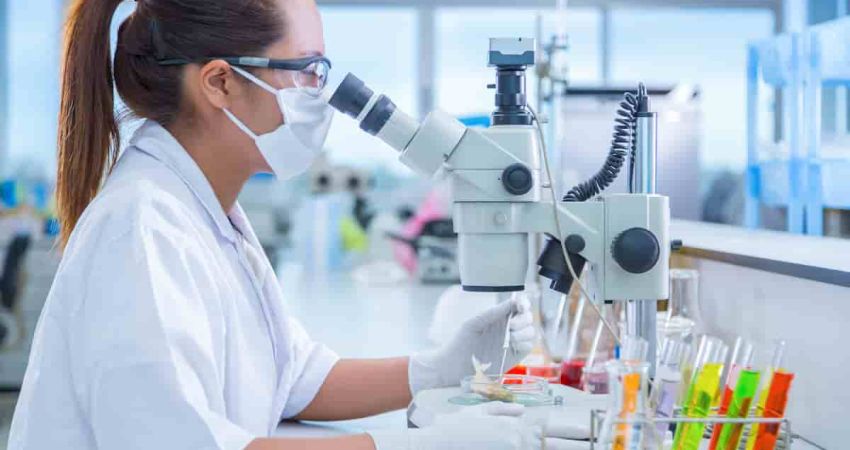Lab Test

1. Complete Blood Count (CBC): Measures various components of blood, including red and white blood cell count, hemoglobin, and platelets.
2. Blood Chemistry Tests: Evaluate various substances in the blood, such as glucose, electrolytes, and liver enzymes.
3. Lipid Profile: Measures cholesterol and triglyceride levels in the blood.
4. Liver Function Tests (LFTs): Assess liver damage or disease by measuring liver enzymes and proteins.
5. Kidney Function Tests (KFTs): Evaluate kidney function by measuring waste products, such as creatinine and urea.
6. Thyroid Function Tests (TFTs): Measure thyroid hormone levels to diagnose thyroid disorders.
7. Urinalysis: Analyzes urine for various substances, such as protein, blood, and bacteria.
8. Stool Tests: Examine stool for bacterial, viral, or parasitic infections.
9. Imaging Tests: Include X-rays, CT scans, MRI scans, and ultrasound to visualize internal organs and structures.
Preparation for Lab Tests
1. Fasting: Required for certain tests, such as glucose and lipid profiles.
2. Medication: Inform your doctor about any medications or supplements you're taking.
3. Hydration: Drink plenty of water before certain tests, such as urinalysis.
4. Relaxation: Try to relax and reduce stress before tests.
Understanding Lab Test Results
1. Reference Range: Compare your results to the reference range provided by the lab.
2. Abnormal Results: Consult your doctor to discuss abnormal results and determine the next course of action.
3. Follow-up Tests: May be necessary to confirm or rule out a diagnosis.



